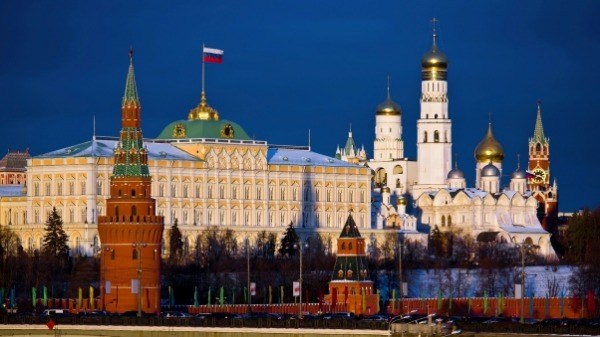Kremlin: Moscow open to peace talks on Ukraine, but conditions remain unchanged
Moscow remains open to talks aimed at ending the war in Ukraine. However, the conditions for a ceasefire were set forth by Russian President Vladimir Putin in June, Kremlin spokesperson Dmitry Peskov said on Sunday, responding to U.S. President-elect Donald Trump’s call for the Russian leader to halt the war and agree to a ceasefire.
"The terms for peace negotiations were articulated by Putin earlier, but Ukraine continues to reject them and has not changed its stance," Peskov noted.
He added that Ukrainian President Volodymyr Zelensky should first lift the ban on negotiations with Russia, allowing talks to resume based on the Istanbul framework.
Additionally, Peskov dismissed Trump’s comments about Russia losing 600,000 soldiers, either wounded or killed, as inconsistencies in the loss ratio between Russia and Ukraine.
"Ukrainian losses far exceed Russian ones, leading to the depletion of the Ukrainian armed forces and lowering the mobilization age to 18," Peskov claimed, painting a grim picture for Ukraine's military prospects.
Vladimir Putin’s demands for peace talks with Ukraine were first made in June 2024, with terms including the ceding of five regions—Donetsk, Luhansk, Zaporizhzhia, Kherson, and Crimea to Russia—in addition to Ukraine committing to a neutral, non-nuclear status outside NATO.
Following his meeting with Ukrainian President Volodymyr Zelensky on Saturday, December 7, Donald Trump insisted that both Russia and Ukraine need to immediately cease fire and enter into negotiations. He mentioned his familiarity with Russian leader Vladimir Putin, emphasizing that "it is time for him to act."
In response, Zelensky remarked that the dialogue must focus primarily on effective peace guarantees, asserting that the war cannot simply end with a piece of paper and a few signatures.
